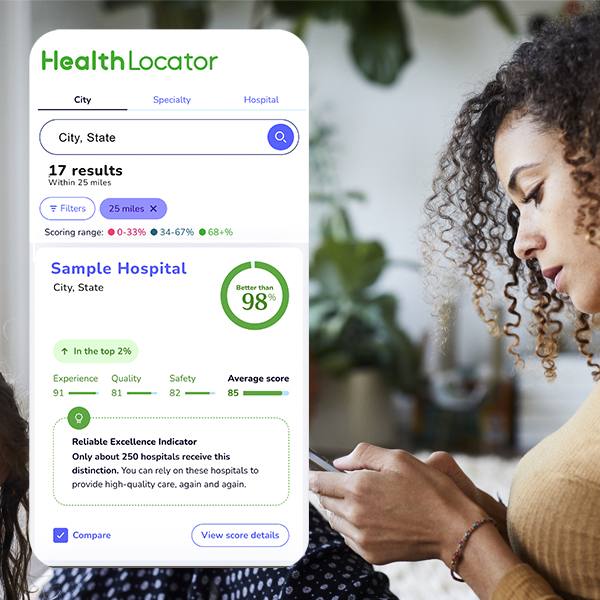-
Mayo Clinic Q and A: Understanding carrier screening for family planning

DEAR MAYO CLINIC: My husband and I want to expand our family and are trying to get pregnant with our first baby. I've read about family planning couples can do before conceiving and learned about carrier screening. We don’t have a family history of genetic conditions, but we want to know if there is a chance of passing a genetic disorder to our child. What is carrier screening? And how does it help couples with family planning?
ANSWER: When planning a family, you and your partner may choose to have genetic testing before having children to determine if you have a risk of passing on specific genetic disorders.
Genetic testing is available to people who are pregnant or planning a pregnancy. Carrier screening is important in family planning as it helps identify genetic conditions that can be passed on to children.
Based on your family history or pedigree, a genetic counselor can advise:
- What type of genetic screening to consider, and whether your insurance coverage will apply to the cost.
- What genetic testing may or may not determine.
- Your potential risk of passing genetic disorders onto your children.
People should consider genetic counseling and testing regardless of their family history of inherited conditions such as cystic fibrosis, spinal muscular atrophy or muscular dystrophy. Approximately 80% of children who develop a genetic disorder have no family history of the condition.
People receive two copies of each gene in their body — one inherited from the mother and the other from the father. Carrier screening determines if a person carries a non-working copy of a gene associated with a specific genetic condition.
People with one working copy and one nonworking copy of a gene are referred to as a "carrier" for the condition. They are typically not affected by the condition themselves. This is because carriers have one copy of the gene that functions normally, providing them protection against the condition. Most people are carriers of at least one genetic condition, and some are carriers of more than one condition.
Autosomal recessive conditions, such as cystic fibrosis, occur when a person inherits two nonworking copies of a gene — one gene from each of the parents who are carriers.
If a person is identified as a carrier, then their partner, egg donor or sperm donor is offered the same testing to determine if they are carriers of the same conditions. If both planned biological parents are carriers of the same condition, there is a 25% chance that their child may inherit two nonworking copies of the gene and be affected by the condition. Approximately 2% to 3% of couples are carriers of the same condition.
Although certain genetic conditions may be individually rare, collectively, their prevalence is more significant and accounts for more than 10% of pediatric deaths.
While carrier screening can be done when a person is pregnant, it is especially beneficial for preconception planning. Couples are empowered to make informed decisions about family planning, taking into account their carrier status for specific conditions. Based on the screening findings, some people may opt for alternative reproductive measures, such as in vitro fertilization.
Carrier testing may look for a single genetic condition based on family history. Expanded carrier screening looks for genes linked to many genetic diseases that are not only based on family history or ethnic background.
Carrier screening is now more accessible and affordable than ever before. Couples discussing family planning can ask their care team for a referral to genetic counseling. Self-referral for the service also is available. Genetic counseling appointments can be conducted virtually with genetic testing performed through a blood draw or a saliva test.
After genetic testing, the genetic counselor explains the results and what risks, if any, have been identified. The information is shared with the patient's primary care clinician or OB-GYN.
Carrier screening is a valuable tool in family planning, offering couples vital information about their carrier status for up to 500 genetic conditions and the risk of passing those conditions on to their children. It can help people make informed decisions about reproductive options and allows for early intervention and treatment if necessary. — Rebecca Jirik, Genetic Counseling, Mayo Clinic Health System, Eau Claire, Wisconsin
________________________
Related Articles
- Mayo Clinic Q & A: What is the benefit of visiting a genetic counselor?
- Science Saturday: Saving time, lives and resources with genetic testing treatment







